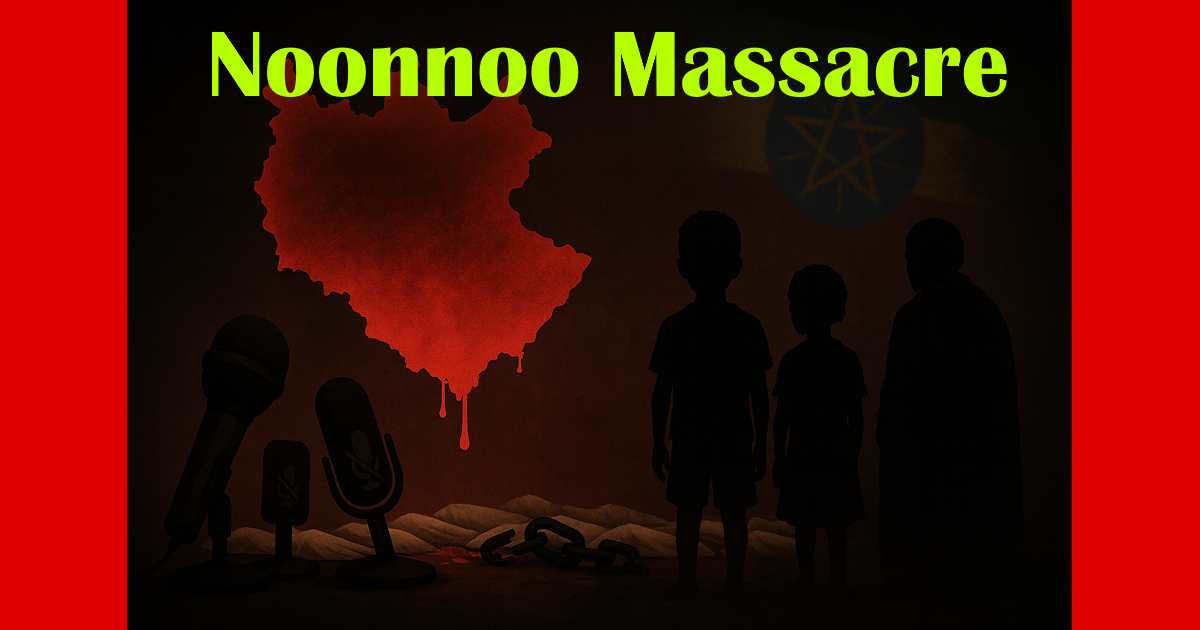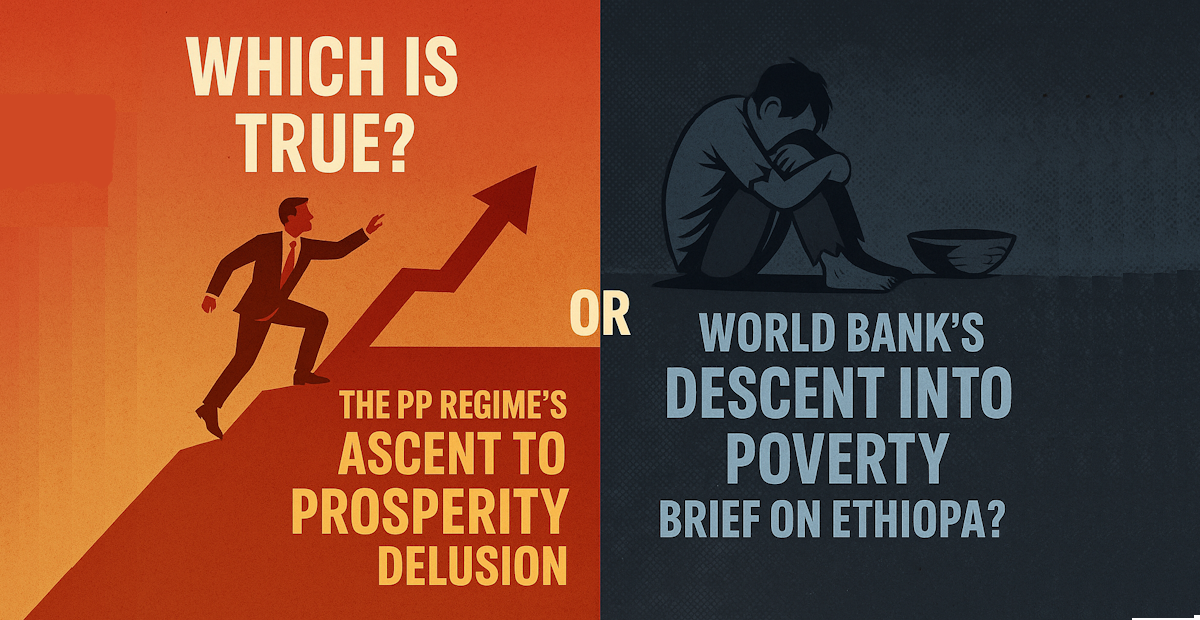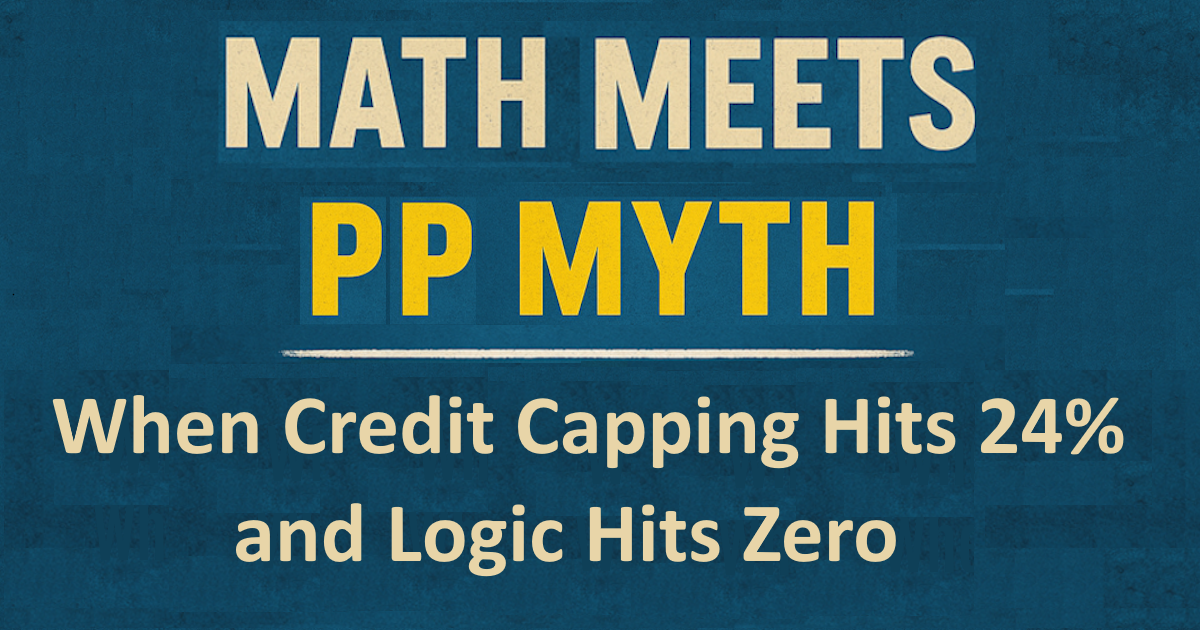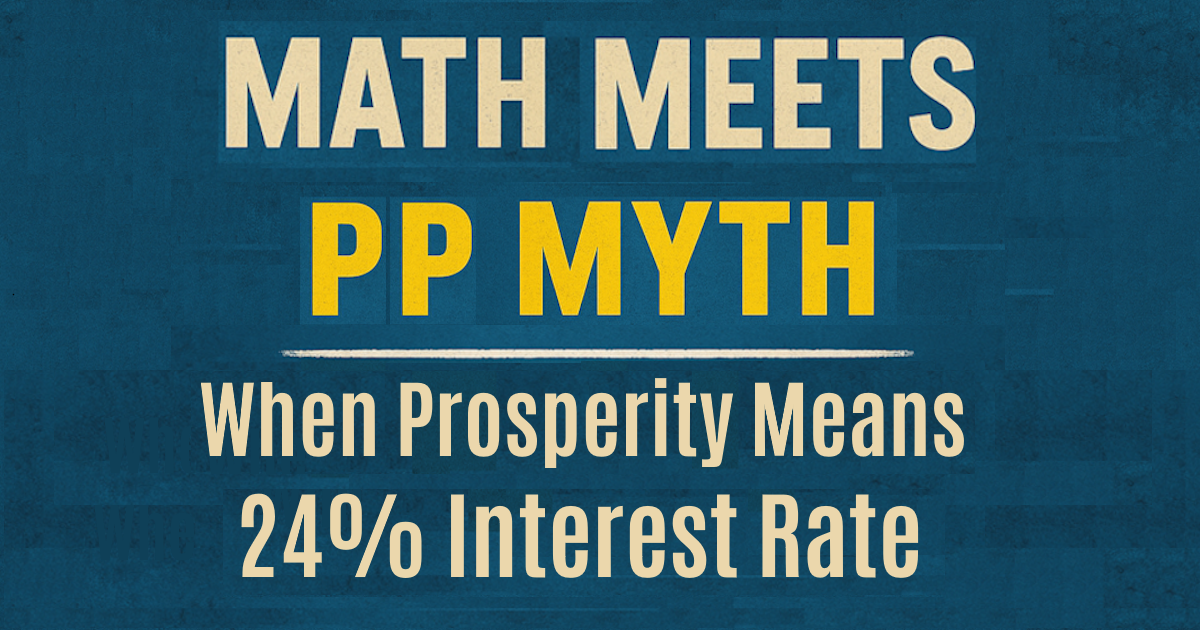Sleepwalking into the Tyranny of Geography How Political Delusion and Imperial Nostalgia Are Unmaking a Fragile Federation
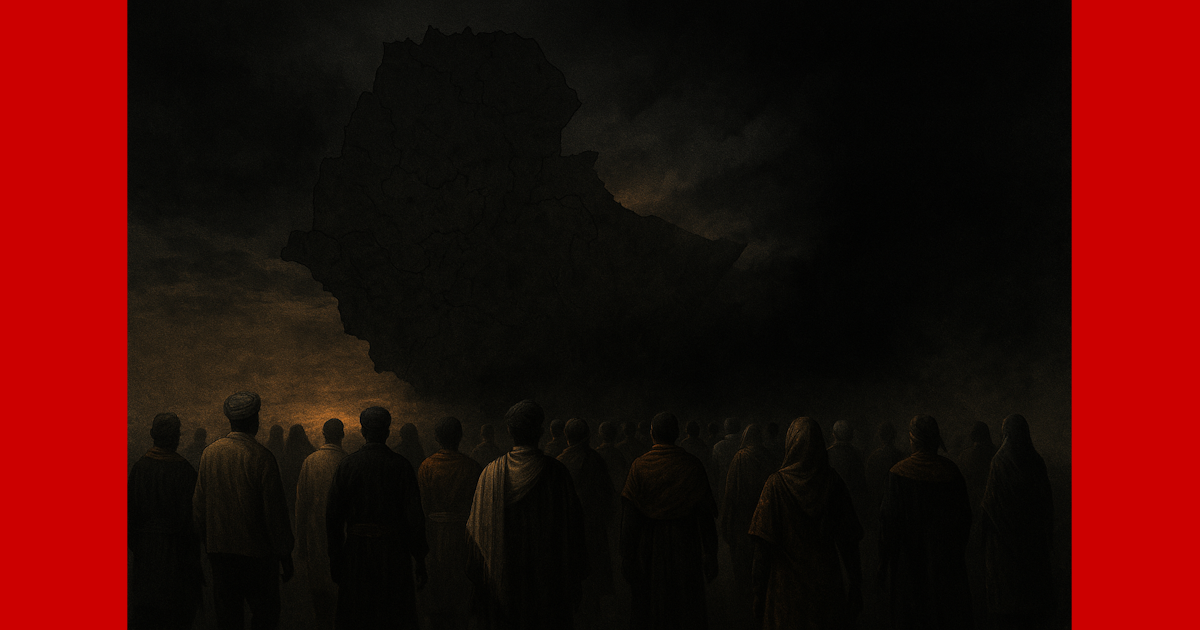
Excerpt
Ethiopia is sleepwalking toward the collapse of its last unifying bond. The death of Multinational Federalism isn’t just a political misstep—it is the undoing of a hard-won peace among diverse nations and nationalities. This is not alarmism. It is a wakeup call to citizens and politicians alike: the state is being reshaped by unchecked delusion, and the red line is rapidly disappearing. If we don’t stop now, we may not stop at all.
In the Beginning, There Was Darkness
There was once a time—within living memory—when Ethiopia was held together by brute force, not by consent. During the imperial era, what passed for “unity” was in truth a carefully managed fragmentation. The empire drew borders not to recognize its peoples but to erase them—assigning convenient geographic labels that stripped away identity, culture, and autonomy.
A nation like the Oromo was deliberately fractured across multiple regions—Arsii, Baalee, Hararghee, Iluabbaboor, Jimma, Shawaa, Sidamo, Wallaga, Wallo—not to reflect identity, but to erase it. Geography became a weapon, and names were assigned not to honor roots, but to scatter them. Whole nations and nationalities were herded into artificial regions, renamed and repackaged to suit the logic of centralized control. Notably, nations like the Sidama and Wolayita were made unrecognizable through cross-provincial arrangements that deliberately split their populations and diluted their collective voice—folded into wider administrative units where they became minorities in their own homelands.
What they called unity was, in truth, the Tyranny of Geography—boundaries drawn not to dignify, but to divide or bundle people as convenience demanded. In that sense, the so-called Dark Ages were defined by this very Tyranny of Geography.
The resentment was inevitable. So too were the liberation movements and social struggles that followed.
While the rest of Africa was shaking off colonial shackles in the mid-20th century, Ethiopia’s empire was entrenching its own version of internal colonialism. But eventually, through sacrifice and struggle, a new path was forged. The 1990s gave birth to a Multinational Federal arrangement—an imperfect but historic breakthrough that offered a framework for peaceful co-existence among Ethiopia’s diverse nations, nationalities, and peoples. It was a light at the end of a long and brutal tunnel. A flicker of hope after the darkness of the imperial and Derg eras.
A Sleepwalk into Collapse?
Now, more than thirty years later, Multinational Federalism remains a young and fragile experiment. But it is an experiment worth nurturing—not discarding.
So what has changed? Why are we seeing calls—some subtle, others brazen—to reconsider the very structures that pulled us out of the abyss? What twisted logic is at play that now compares federalism to chaos, and the imperial past to stability?
Did federalism truly fail—or was it deliberately sabotaged? Are we being offered a genuine alternative, or merely a recycled domination project? Who gains from casting diversity as a liability and turning the federal promise into a scapegoat?
The imperial era was not an age of unity—it was the Tyranny of Geography, where lines on a map were used to erase identities, not recognize them.
So why, in the name of reason, would anyone now contemplate reviving that Tyranny to replace a still-young Multinational Federalism that was meant to correct it?
In the scheme of things—in this whirlwind of concoctions and confusions, distortions and disinformation—is there such a thing as a red line for this rotting empire? Is there a shared moral compass, a common denominator among the peoples of Ethiopia that says: we’ve come this far, but this route is anathema? Is there a point at which we, collectively, say this far and no further?
Do our politicians have such a rail guard? Or have they already crossed it in their quest for unchecked power?
Who, or what, is holding the so-called custodians of nations and nationalities on a leash—pulling them blindly, perhaps willingly, across that red line?
Is there still time to turn back?
Or are we watching nations and nationalities, once again, sleepwalk into their own undoing?
The Unravelling of Ethiopia’s Social Contract
The impending death of Multinational Federalism—as explored recently [1], and also just confirmed by an independent journalist [2]—is not a matter of political drift. It is an existential rupture in the making.
What we are witnessing is the disintegration of the only framework that allowed the Ethiopian state to function with even a semblance of legitimacy in the eyes of its many nations and nationalities.
This is not merely about governance models. It is about the foundational promise made to the peoples of this empire: that they would never again be forcibly assimilated, erased, or ruled without consent. That promise is about to be torn up.
This is Not Alarmism. This is Realism.
It would be easy to dismiss such warnings as exaggerated or alarmist. But nothing could be further from the truth. To pretend this is business as usual is to deny what is unfolding in plain sight:
-
The systematic rollback of constitutional rights.
-
The criminalization of identity-based claims.
-
The centralization of state power under a thinly veiled imperial logic.
We are not speculating. We are bearing witness. And the consequences are existential, not hypothetical. We speak now to awaken those who sleepwalk toward the edge with eyes wide shut.
When the Promise Dies, the State Follows
Multinational Federalism was never perfect. It was a forward-looking arrangement, not of convenience, but of historical necessity and constructive vision. But in a deeply plural society stitched together by violence, it represented a path away from perpetual conflict. Its death will not leave a vacuum—it will open a vortex.
Without a framework that respects self-determination, the state reverts to coercion. But coercion has limits. When people no longer see themselves in the political architecture of the country, they will begin to imagine—and eventually demand—a different one.
Delusion as Doctrine: When One Man’s Fantasy Becomes State Policy
Let us cut to the chase.
Where Ethiopia is heading today is not the result of public demand. It is not based on popular consensus. It has no electoral mandate. It is not a reflection of will of nations and nationalities of the empire. It is, quite simply, the pursuit of one man’s personal delusion—an obsession rooted in a prophecy whispered by his late mother, now morphed into a political mission. This is no rumor—it was declared by the Prime Minister himself on national television. And disturbingly, that delusion is being allowed to reshape the fate of over 120 million people.
In the 21st century—an era that prides itself on democratic norms and institutional checks—Ethiopia is being steered by a singular figure intoxicated by messianic belief, unbound by law, and unchecked by institutions.
There’s a striking convergence at play: Abiy Ahmed’s messianic self-belief dovetails almost perfectly with the worldview of neo-colonial thinkers. This is precisely why he found strategic alignment not with the politicians of his own constituents, but with the Amhara political elite—figures historically invested in a unitary state far removed from the realities of Oromo self-determination.
This alliance has also fostered a troubling camaraderie between the upper ranks of Oromia PP (formerly OPDO) and Amhara PP (formerly ADP), as well as among top military generals from both regions. Bound not by public service but by mutual self-interest, they have become willing executors of Abiy’s agenda—operating with impunity and without meaningful checks.
These covert machinations—and the complicity of actors like the Ethiopian National Dialogue Commission (ENDC) [4,5]—are precisely what make once-unthinkable agendas, like rescinding the federal constitution, enter the realm of possibility.
Furthermore, the instruments of the state—parliament, judiciary, military, media—have become extensions of that delusion. They do not interrogate it; they execute it.
All of this compels us to pose urgent and searching questions—questions that fair-minded leaders, civil servants, and citizens alike can no longer afford to avoid:
- Where are the fair-minded politicians?
- Where are the constitutional watchdogs?
- Where are the supposedly independent institutions designed to safeguard the republic from autocratic overreach?
- Are they paralyzed by fear?
- Or are they themselves trapped in the same cult of personality, slowly losing the distinction between loyalty and complicity?
- Is this really governance—or a regime in hallucination?
- Is this a mass sleepwalk into catastrophe, choreographed by power and cloaked in denial?
- Is the country being led—or is it drifting, sleepwalking, unmoored, toward a precipice no one dares name?
- Is this leadership—or a trance?
- Are we witnessing statesmanship—or one man’s psychodrama imposed on an entire empire?
- Is this the march of policy—or the blind momentum of a state possessed?
- And if this is not governance—then what name do we give to a dream so dangerous, yet so unquestioned?
And if we dare to follow this thread of questioning to its conclusion—how many more lives, communities, and futures must be sacrificed before someone finally dares to say: Enough?
Political Sleepwalking: The Most Dangerous Kind
Renowned political thinker John Keane [3] warns that democracies rarely collapse in a single, dramatic moment. What he calls democide—the death of democracy—can take many forms. Sometimes it comes fast, like a coup or violent insurrection. But more often, it creeps in slowly. Through apathy. Through the erosion of civic norms. Through the normalization of inequality, repression, and propaganda disguised as patriotism.
And the most dangerous form of all? Political sleepwalking.
This, Keane argues, is when citizens surrender to thoughtlessness. When they stop questioning power. When they grow numb to injustice. When they overlook creeping authoritarianism because it arrives in the name of “order,” “stability,” or “tradition.” When they fail to see that democracy is not just about elections—it is about vigilance, participation, and the refusal to let power go unchecked.
Ethiopia is not immune to this form of democratic decay. In fact, it is already deep within it.
A people sleepwalking into the past. A federation on the verge of erasure. Nations and nationalities slowly dimming the lights—one institution, one right, one lie at a time.
Unless citizens, community leaders, and politicians alike awaken to what is unfolding in real time, we may soon realize that the last chance to resist passed silently while we were dreaming of unity under a regime that feared diversity.
Not a Theory—A Wakeup Call
This is not an academic thesis. It is not a policy paper. It is not even a fully mapped-out solution.
It asks more questions than it answers—deliberately so. These are questions meant to provoke thought, to awaken your innermost alarm, to interrupt the sleepwalk, to stir that quiet voice inside that knows something is deeply wrong.
This is a knock at everyone’s door—citizens and politicians alike. A jarring bell meant to rouse a sleepwalking society before it is too late.
Finally, we are not here to offer technocratic fixes or comfortable illusions. We are here to ask one urgent, inescapable question:
Do you know where you’re being led?
If the answer is no—or worse, if you’ve stopped asking—then consider this a last call to wake up. Because what lies ahead is not debate. It is dissolution.
The empire is teetering on the edge of its final chapter. It is sleepwalking into the abyss. Whether it falls—or is pulled back—depends not on fate. It depends on whether anyone is awake.
To abandon Multinational Federalism and march toward the Tyranny of Geography is to return to the very darkness we struggled to escape. It is to sleepwalk backward into history, eyes open, soul asleep.
Snap out of the sleepwalk—history is repeating in real time!
Selected References
- OT Editorial, The Death of Federalism by Agenda, 6 June 2025, OROMIA TODAY.
- Sajid Nadeem, Exclusive Information about Ethiopian Prime Minister Abiy Ahmed’s New Plan, 11 Jun 2025, My Views on News (@MyViewsOnNews) YouTube Channel.
- John Keane (University of Sydney), Thinking about Democracy, The Thinking About Democracy Conference Series, November 2022, The Sorbonne Constitutions & Liberties Center of the ISJPS.
- Home Page, Ethiopian National Dialogue Commission, Ethiopia.
- OT Editorial, To the Ethiopian National Dialogue Commission: You Are Wasting Your Time and Everyone Else’s, 31 January 3025, OROMIA TODAY.
- Assefa Fiseha (Addis Ababa University), “Ethiopia Federalism’s Failure?”, December 2024, Journal of Global South Studies.
- “Mistir Sew”, “What now for Ethiopia’s multinational federation?”, 2 February, 2020, Ethiopian Insight.


